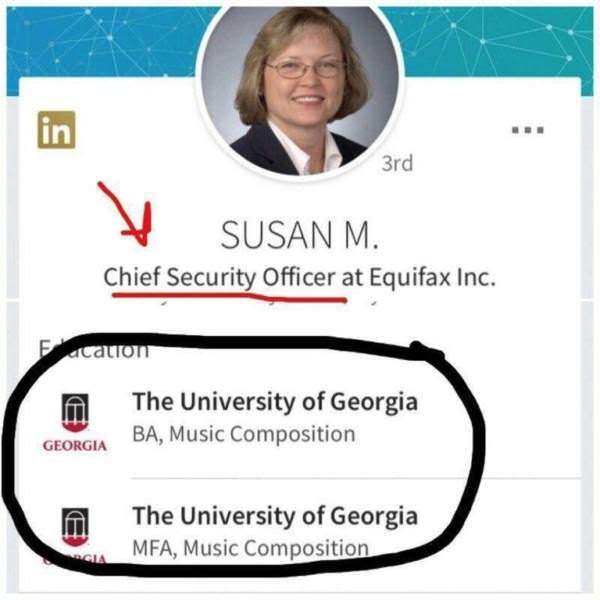DooKey
[H]F Junkie
- Joined
- Apr 25, 2001
- Messages
- 13,560
Gamers may be good candidates for cybersecurity jobs according to a new report from McAfee. McAfee surveyed hundreds of cybersecurity professionals and managers at major corporations and most of the respondents said the current generation of gamers are strong candidates for cybersecurity jobs. Furthermore, the surveys showed that the skills a gamer displays are great when it comes to cybersecurity threat hunting. Go forth and get into cybersecurity young [H] gamers!
Three-quarters of senior managers say they would consider hiring a gamer even if that person had no specific cybersecurity training or experience. 72 percent of respondents say hiring experienced video gamers into the IT department seems like a good way to plug the cybersecurity skills gap.
Three-quarters of senior managers say they would consider hiring a gamer even if that person had no specific cybersecurity training or experience. 72 percent of respondents say hiring experienced video gamers into the IT department seems like a good way to plug the cybersecurity skills gap.
![[H]ard|Forum](/styles/hardforum/xenforo/logo_dark.png)

